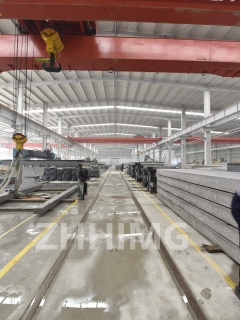Why Precision Ceramic Components Perform Better Than Granite
In the realm of engineering and manufacturing, the choice of materials can significantly impact performance, durability, and cost-effectiveness. Among the various materials available, precision ceramic components have emerged as a superior alternative to granite in many applications. Here’s why precision ceramic components outperform granite.
1. Enhanced Mechanical Properties:
Precision ceramics are known for their exceptional hardness and strength. Unlike granite, which can be brittle and prone to chipping, ceramics offer superior resistance to wear and deformation. This makes them ideal for applications requiring high precision and durability, such as in aerospace and automotive industries.
2. Thermal Stability:
Ceramics exhibit excellent thermal stability, maintaining their properties under extreme temperature variations. Granite, while stable to some extent, can experience thermal expansion and contraction, leading to potential structural issues. Precision ceramics can withstand high temperatures without compromising their integrity, making them suitable for high-performance environments.
3. Lightweight Design:
One of the significant advantages of precision ceramic components is their lightweight nature. Granite is dense and heavy, which can be a disadvantage in applications where weight reduction is crucial. Precision ceramics provide a lightweight alternative without sacrificing strength, contributing to overall efficiency in design and performance.
4. Chemical Resistance:
Precision ceramics are highly resistant to chemical corrosion, making them ideal for use in harsh environments. Granite, while relatively durable, can be susceptible to certain chemicals that may degrade its surface over time. This resistance ensures that ceramic components maintain their functionality and appearance longer than granite counterparts.
5. Precision Manufacturing:
The manufacturing processes for precision ceramics allow for tighter tolerances and more intricate designs compared to granite. This precision is essential in industries where exact specifications are critical, such as in semiconductor manufacturing and medical devices.
In conclusion, while granite has its applications, precision ceramic components offer a range of benefits that make them a more effective choice in many high-performance scenarios. Their superior mechanical properties, thermal stability, lightweight design, chemical resistance, and precision manufacturing capabilities position them as the material of choice for modern engineering challenges.
Post time: Oct-30-2024

